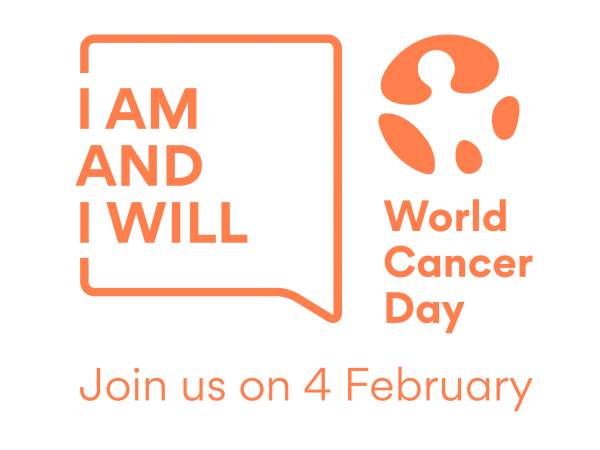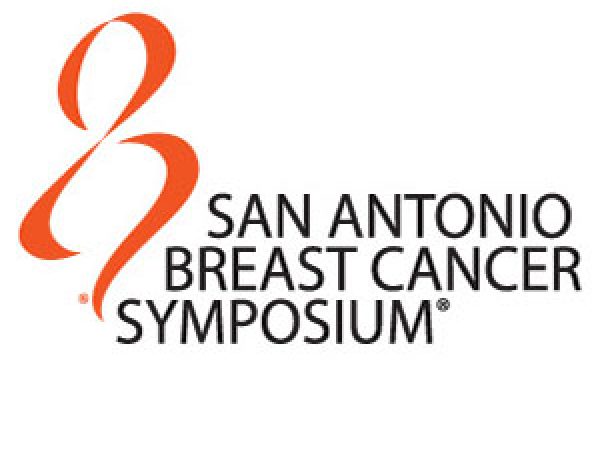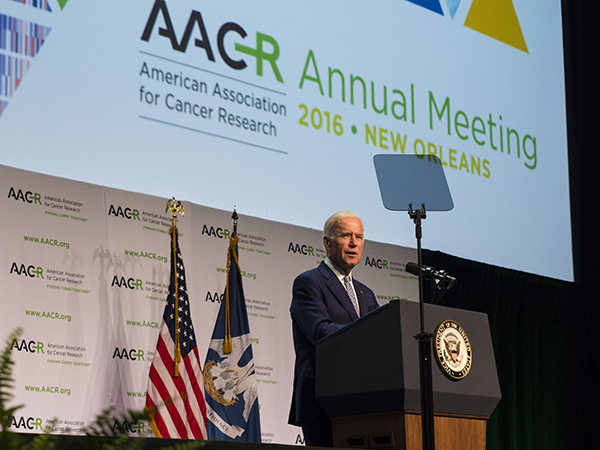SABCS 2014: Trial Testing Pictilisib-Fulvestrant Combo Generates Mixed Results
Data from the phase II FERGI trial presented Dec. 10 at the San Antonio Breast Cancer Symposium showed no improvement overall from using a pictilisib-fulvestrant combination to treat women with aromatase inhibitor (AI)-resistant advanced hormone receptor-positive breast cancers. An analysis carried out after the study concluded, however, showed that those whose cancers were positive for both hormone receptors—estrogen receptor (ER) and progesterone receptor (PR)—seemed to benefit from the combo tested.

Ian E. Krop, MD, PhD, speaks about the phase II FERGI trial Dec. 10 at the San Antonio Breast Cancer Symposium. Photo by Scott Morgan.
After following the study participants for 17 months, the investigators found that women with metastatic ER-positive cancers were 26 percent less likely to have their disease progress if they had received pictilisib instead of a placebo, along with fulvestrant. The data, however, were not statistically significant.
A subgroup analysis conducted after the study ended brought some good news: Women whose cancers were both ER- and PR-positive had a statistically significant outcome; they were 56 percent less likely to have their disease progress if they had received pictilisib instead of a placebo, along with fulvestrant.
Among women whose metastatic cancers were positive for both ER and PR, median progression-free survival was 7.4 months for those who received fulvestrant plus pictilisib, which is an improvement over the 3.7 months median progression-free survival for those who received fulvestrant plus a placebo.
While the outcome seems promising for patients who have tumors positive for both ER and PR, the number of patients in this subgroup analysis was limited, so the results should be interpreted with caution, the investigators of this study noted.
“We are planning on investigating whether the benefit of pictilisib for women with ER/PR-positive breast cancer holds true in an additional cohort of patients within this study,” says oncologist and lead investigator Ian E. Krop, MD, PhD, director of clinical research for the Breast Oncology Program at the Dana-Farber Cancer Institute in Boston.
Of the 168 patients enrolled in FERGI, 89 were randomly assigned to fulvestrant plus pictilisib and 79 to fulvestrant plus placebo. All patients were postmenopausal and had ER-positive, HER2-negative metastatic breast cancer that had relapsed or progressed following or during treatment with an AI.
Why Add a PI3-kinase Inhibitor?
Endocrine therapies, such as tamoxifen and AIs, are the mainstream treatments for patients with hormone receptor-positive breast cancers. However, a significant proportion of patients relapse after their cancers develop resistance to these treatments, despite an initial positive response.
Previous studies with cancer cells, animal models, and some clinical trials have shown that this could be due to activation of a cell signaling pathway called the PI3-kinase or PI3K pathway, driven in some cases by a mutation in the gene PIK3CA. Inhibition of the PI3K pathway causes the cancer cell to die by a process called apoptosis.
Pictilisib is a PI3K inhibitor currently being investigated in early-phase clinical trials for breast, lung, and other solid cancers, as well as for non-Hodgkin lymphoma.
In the FERGI trial, PIK3CA-mutation status was analyzed in the patients’ tumors prior to treatment to investigate whether those whose tumors had the mutation would have a better outcome. Results of the trial showed that was not the case.
“One surprise from our data was that having breast cancer with a mutation in the PIK3CA gene, a central component of the PI3K signaling pathway, was not predictive of benefit from pictilisib,” says Krop. “It may be that PIK3CA mutation is not the only way to activate PI3K signaling.”
Two-time breast cancer survivor and advocate Joan Venticinque says she has mixed feelings about the findings from this trial. “There has been incredible success in the treatment of early breast cancer. However, the reality is that the patients can be diagnosed with a recurrence,” she says. “I feel that the progress on management of recurrent disease is lagging behind what is available for those with early breast cancer.”
Venticinque, who is attending the symposium for the seventh time, was diagnosed with ductal carcinoma in situ in 1998 and invasive ER-positive breast cancer in 2003.
“Collaborations between academic institutions to pool all information on biomarkers that can predict treatment response might give most benefit for the money spent on research,” she says.
This post is adapted from an article on the website of Cancer Today, a quarterly magazine for cancer patients, survivors, and caregivers published by the AACR. Read all of Cancer Today’s SABCS coverage.



